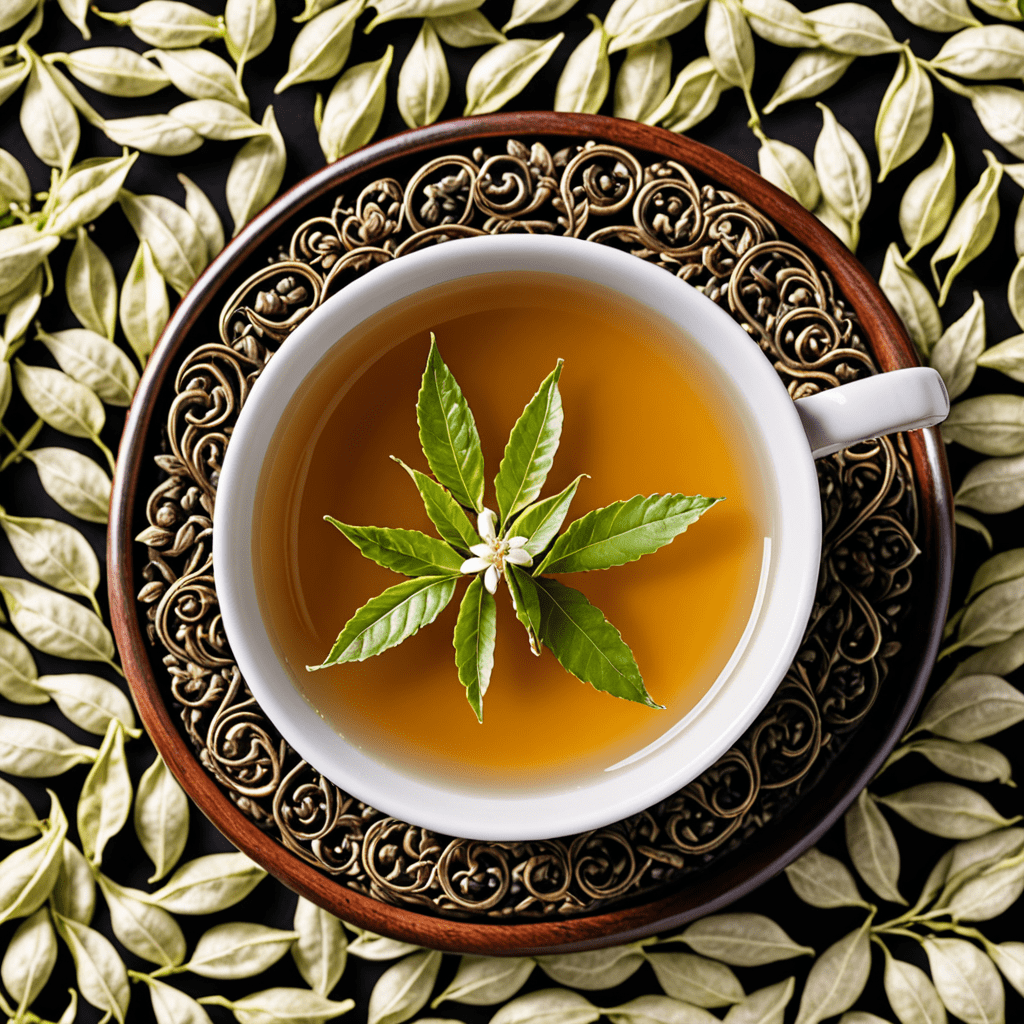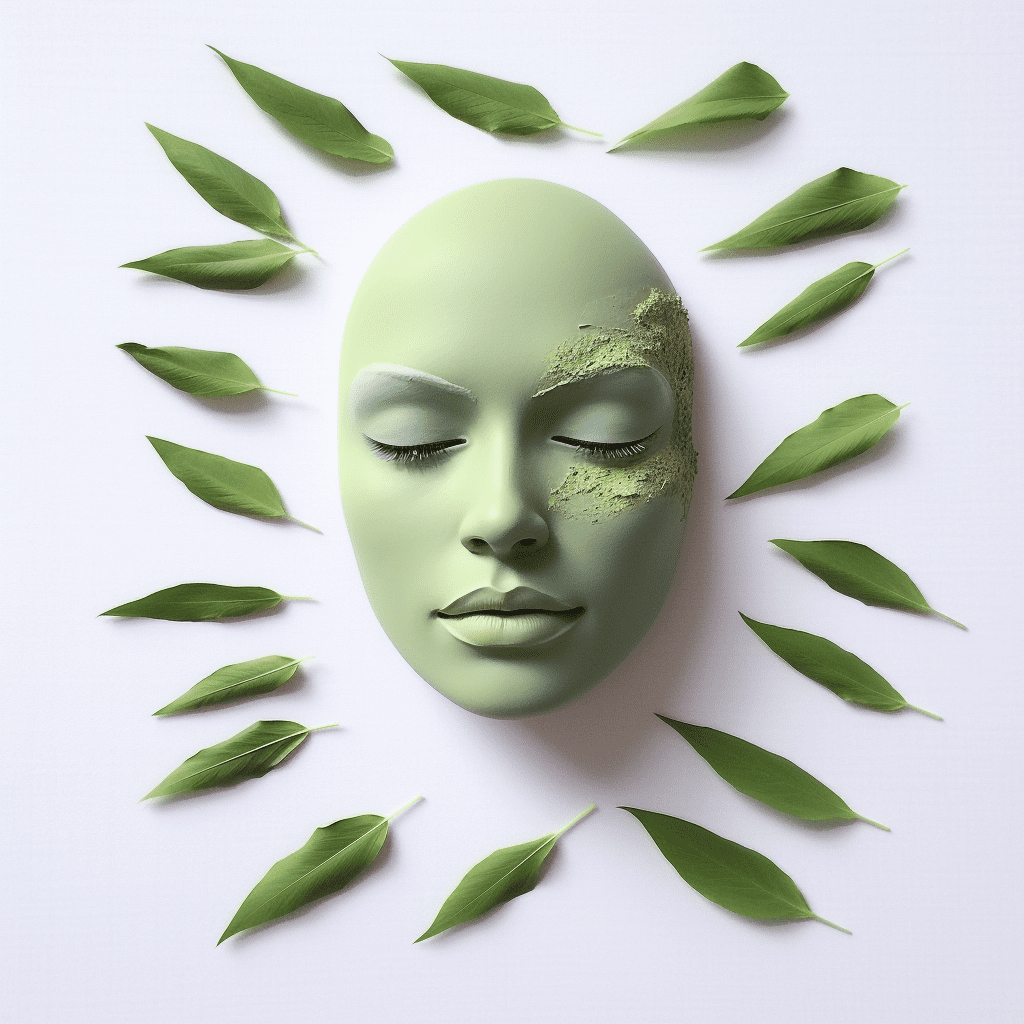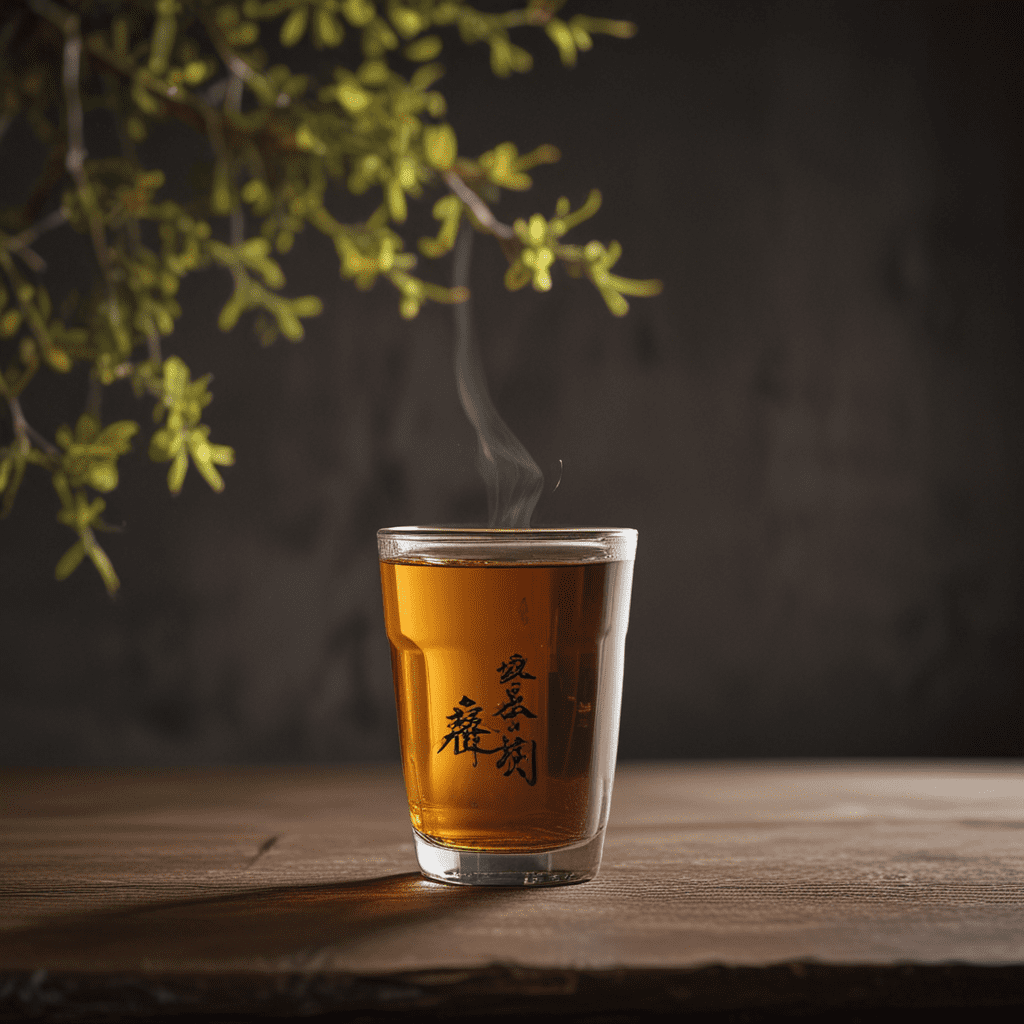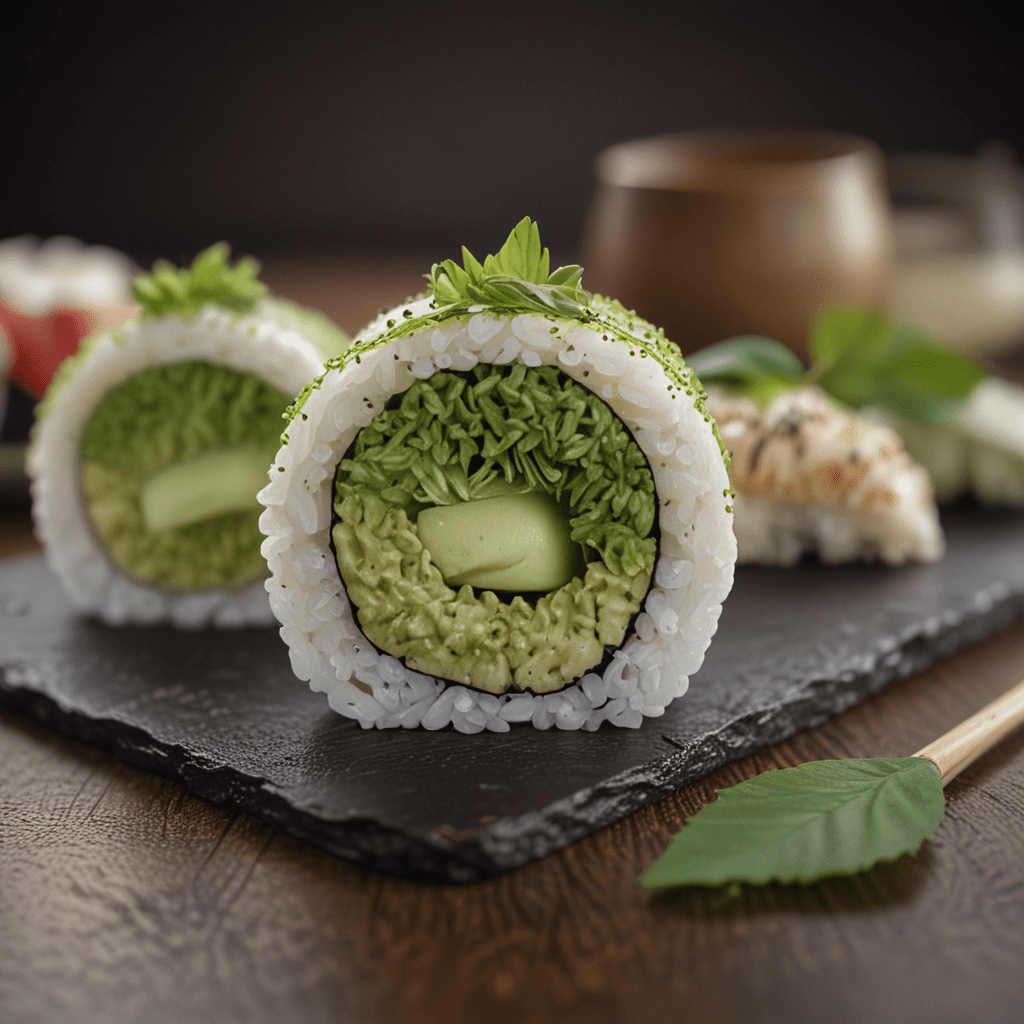
White Tea: The Timeless Classic of Teas
White tea, revered for its delicate flavor and numerous health benefits, has been cherished for centuries as a timeless classic in the world of teas. This exquisite tea variety, known for its minimal processing and subtle taste, holds a special place among tea enthusiasts worldwide.
The Origin of White Tea
White tea originated in China’s Fujian province during the Song Dynasty. It was traditionally reserved for the elite, owing to its rarity and exceptional quality. The tea gets its name from the fine silvery-white hairs on the unopened buds of the tea plant, which impart a light, delicate flavor to the brew.
Processing and Varieties
Unlike other types of tea, white tea undergoes minimal processing. The leaves are simply harvested and left to wither and dry naturally, allowing the delicate flavors to shine through. There are various varieties of white tea, including Silver Needle, White Peony, and Long Life Eyebrow, each with its own unique flavor profile.
Health Benefits
White tea is celebrated for its numerous health benefits, thanks to its high antioxidant content and minimal processing. It is believed to promote heart health, aid in weight management, and support overall immune function. Additionally, white tea is low in caffeine, making it a gentle option for those seeking a milder energy boost.
Brewing and Enjoying
To truly savor the delicate flavors of white tea, it’s essential to brew it with care. Use water that is just below boiling and steep the leaves for 2-3 minutes. The resulting brew is light, refreshing, and subtly sweet, perfect for enjoying on its own or with a touch of honey.
Buying and Storing White Tea
When purchasing white tea, opt for reputable sources to ensure quality and authenticity. It’s best to store white tea in a cool, dry place away from strong odors to preserve its delicate flavors. Proper storage will ensure that the tea maintains its quality for an extended period.
White Tea in Modern Culture
Despite its longstanding tradition, white tea continues to captivate modern tea enthusiasts, who appreciate its nuanced flavors and potential health benefits. It has also become a popular ingredient in various beauty and wellness products, further showcasing its timeless appeal.
Embracing the Timeless Elegance of White Tea
As you embrace the art of tea appreciation, consider adding white tea to your collection. Its delicate flavors, rich history, and potential health perks make it a truly timeless classic in the world of teas, inviting you to indulge in a moment of tranquility with every sip.
White Tea: FAQ
What is white tea?
White tea is a type of tea made from the young leaves and buds of the Camellia sinensis plant. It is minimally processed, with the leaves typically undergoing minimal oxidation. White tea is known for its delicate flavor and light color.
How is white tea different from other types of tea?
White tea is different from other types of tea like black tea and green tea in terms of processing. It undergoes the least amount of processing, which helps retain its natural antioxidants and delicate flavor. Its subtle taste sets it apart from the bolder flavors of black and green teas.
What are the health benefits of white tea?
White tea is rich in antioxidants, which may help protect the body from free radicals. It is also believed to have potential benefits for heart health, oral health, and weight management. However, more research is needed to fully understand the extent of these benefits.
How should white tea be brewed?
To brew white tea, use water that is around 175°F (80°C) and steep the tea for about 3-4 minutes. Since white tea leaves are delicate, avoid using boiling water or steeping for too long, as this can result in a bitter flavor. Enjoy the subtle, nuanced taste of white tea as it is or with a touch of honey or lemon.


